Abstract 4/2017
Table of content
Wiesław Starowicz – New transport policy of the City of Cracow for 2016-2025
Jacek Malasek – Research on innovative transport demand in Poland
Krzysztof Kołodziejczyk – Changes in the public transport accessibility of the Kłodzko Land in relation to its tourist functions – selected issues
Paulina Bździuch, Marek Bogacki – Bus public transport in Krakow on the background the best world’s transport systems and assessment the impact of modernization on air pollutants emissions
Abstracts
Wiesław Starowicz
New transport policy of the City of Cracow for 2016-2025
Abstract: Cracow has been one of the first Polish cities which developed and accepted in the new economic reality – in 1993 – document on Transport Policy for Cracow. After 14 years of its validity, as a result of Poland accession to the European Union, the Policy update till 2015 was elaborated. This document – accepted by the Cracow City Council on the 8th June 2016 – has been prepared in the Cracow University of Technology. The term of validity is 2025. Comparing to previous document goals of transport policy have been expanded and means of its realisation have been updated. The largest share of means of transport policy implementation has been assigned to the environmental protection and quality of inhabitants’ life, public transport, spatial planning as well as bicycles’ paths, walking trails and infrastructure for disabled. Detailed goals of policy and structure of means for its implementation have been presented in the article.
Key words: transport policy, sustainable development, urban transport system
Jacek Malasek
Research on innovative transport demand in Poland
Abstract: Innovative transport development is an important element of Polish governmental programs: Road map for sustainable development and E-mobility development plan for Poland, aiming at reduction of car emissions and a better road safety. Warsaw inhabitants opinion poll on their interest on innovative industry products and willingness for changing drivers behavior for more eco-friendly has included demand analyses on electric cars, bicycles and scateboards, autonomic cars, car-sharing and e-services. 41% of responders are interested in purchase electric cars when preferential terms are provided. Use of autonomic cars is accepted by 44% of respondents, whilst 34% will not be afraid to work, read etc. during the journey. 49% of respondents are ready not to use their car during urban journeys when well organized car-sharing traditional scheme is available, whilst 37% respondents will sell their car when autonomic cars rental system is well developed. Research integrity is proofed by a high compliance of respondents personal features with the Warsaw Traffic Survey 2015 results. Presented database makes possible to answer another research questions not covered within this article.
Key words: innovative transport, demand analyses, eco-mobility
Krzysztof Kołodziejczyk
Changes in the public transport accessibility of the Kłodzko Land in relation to its tourist functions – selected issues
Abstract: Kłodzko Land is one of the most important tourist regions in Poland, so the public transport in this area should meet the needs of not only inhabitants, but also tourists. In the article (which is the first part of a bigger analysis) public transport accessibility of the Kłodzko poviat (district) has been assessed taking into account internal and external accessibility, but in the second case only connected with railway (the analysis of bus transport within the Kłodzko Land will be presented in a separate article). The work was based on the analysis of former and actual connections network and timetables. There was briefly presented the development of public transport in the area after the Second World War, but also the changes occurring in recent years connected with a renewed increase in passenger transport by rail have been presented. The external public transport accessibility of the Kłodzko Land should be assessed as quite good, however it is based generally on the long-distance buses and less on trains. By contrast, the internal accessibility is very diverse –certain relations are serviced with many means of public transport while others are not operated at all. As a consequence many areas interesting from a tourist point of view and numerous tourist attractions are inaccessible for unmotorized tourists.
Key words: public transport accessibility, tourism, Kłodzko Land
Paulina Bździuch, Marek Bogacki
Bus public transport in Krakow on the background the best world’s transport systems and assessment the impact of modernization on air pollutants emissions
Abstract: Public transport is crucial for urban mobility. It should be efficient and eco-friendly. This article presents an overview of the most effective urban public transport systems in the world, including the Krakow’s public transport. Upgrading of the urban transport system in Krakow which has been carried for many years is based on the continuous modernization of the fleet of buses belonging to the Miejskie Przedsiębiorstwo Komunikacyjne S.A. (Municipal Transport Company) and Mobilis group Sp. z o.o. Krakow, contributes with the continuous improvement of transport services and the growth of the environmental performance of the rolling stock. Described in this article the results of research on dust-gas emissions into the air caused by a fleet of public transport buses in the period 2010-2015, show continuous reduction in the quantity of emitted with buses of pollution, resulted with improvement of the air quality in Krakow which still is considered as poor.
Key words: urban transport, bus public transport, air pollution, low-carbon transport, transport policy
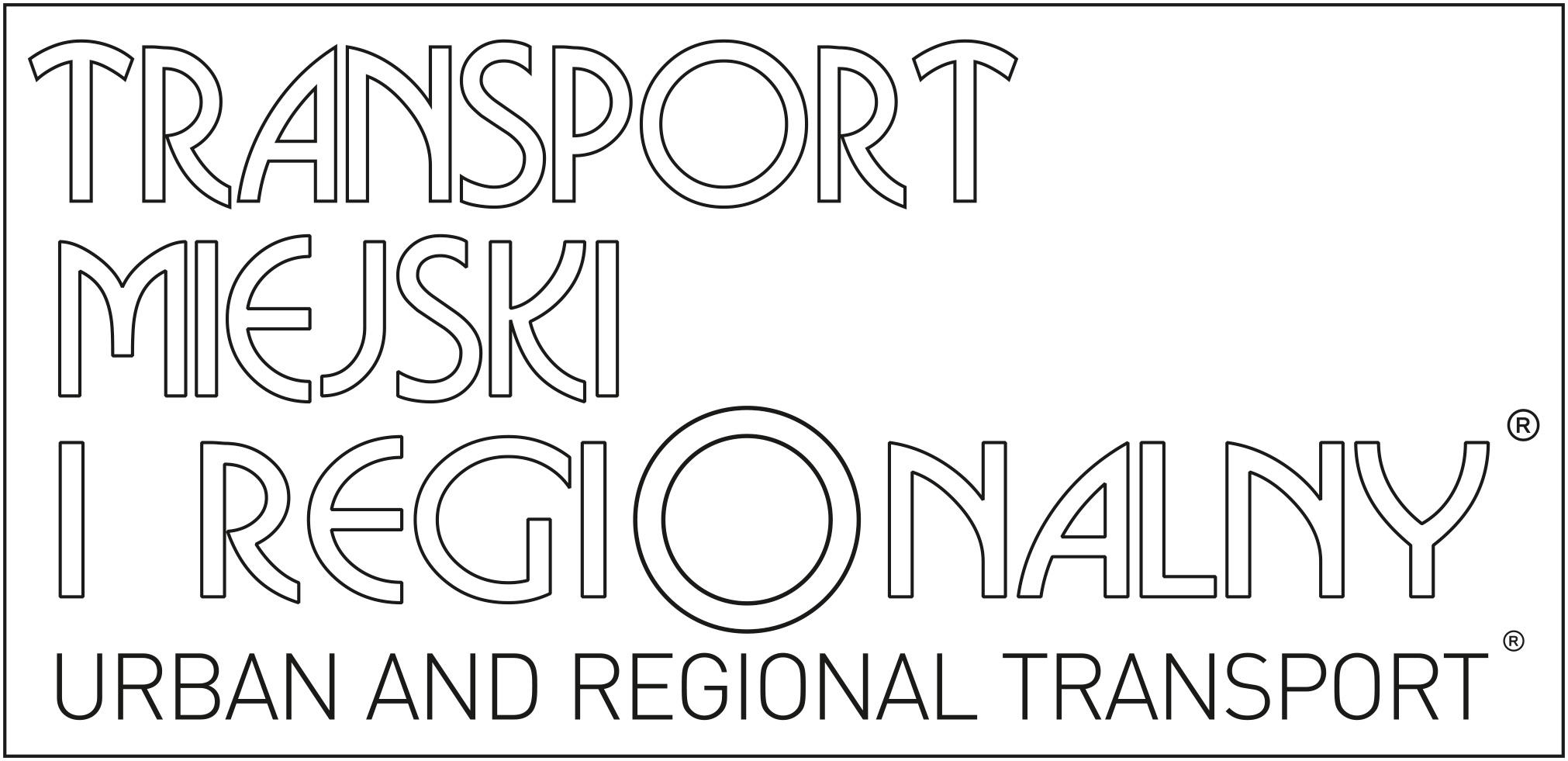
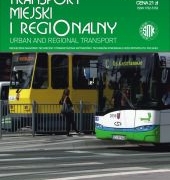 SITK RP
SITK RP 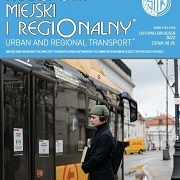 SITK
SITK 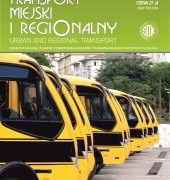 SITK RP
SITK RP 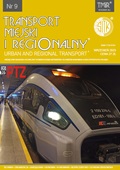 SITK
SITK 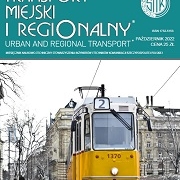 SITK
SITK 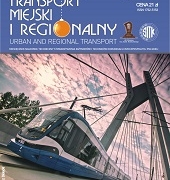 SITK RP
SITK RP 

